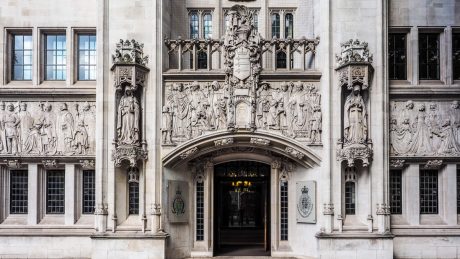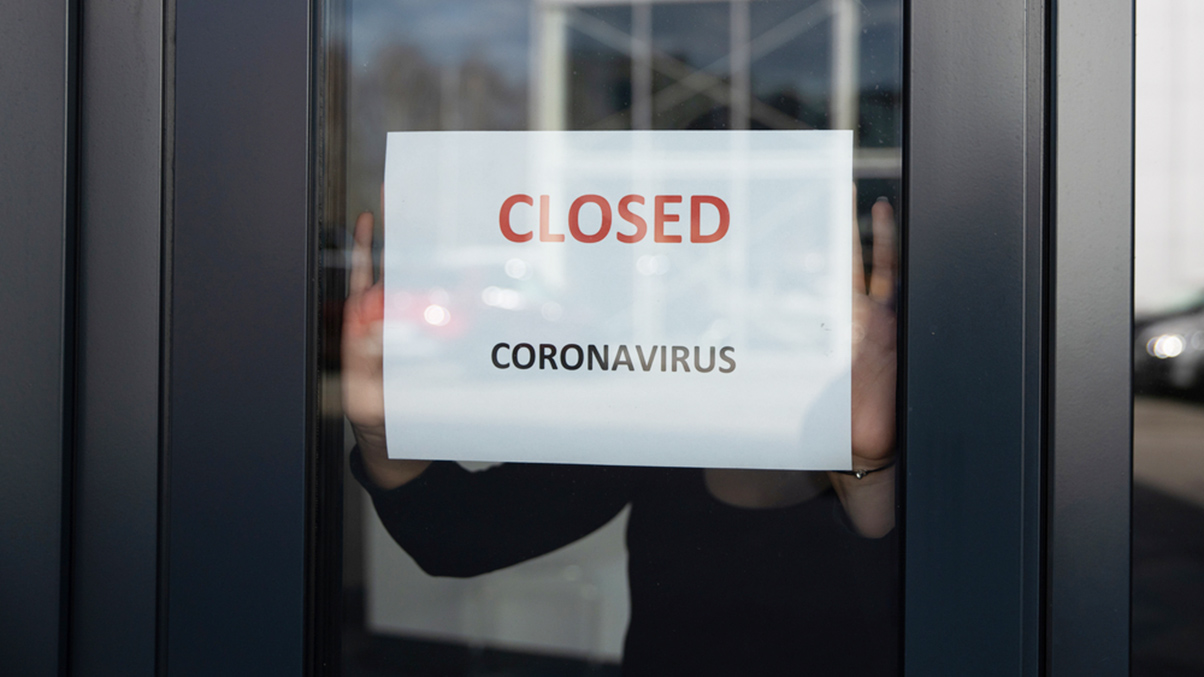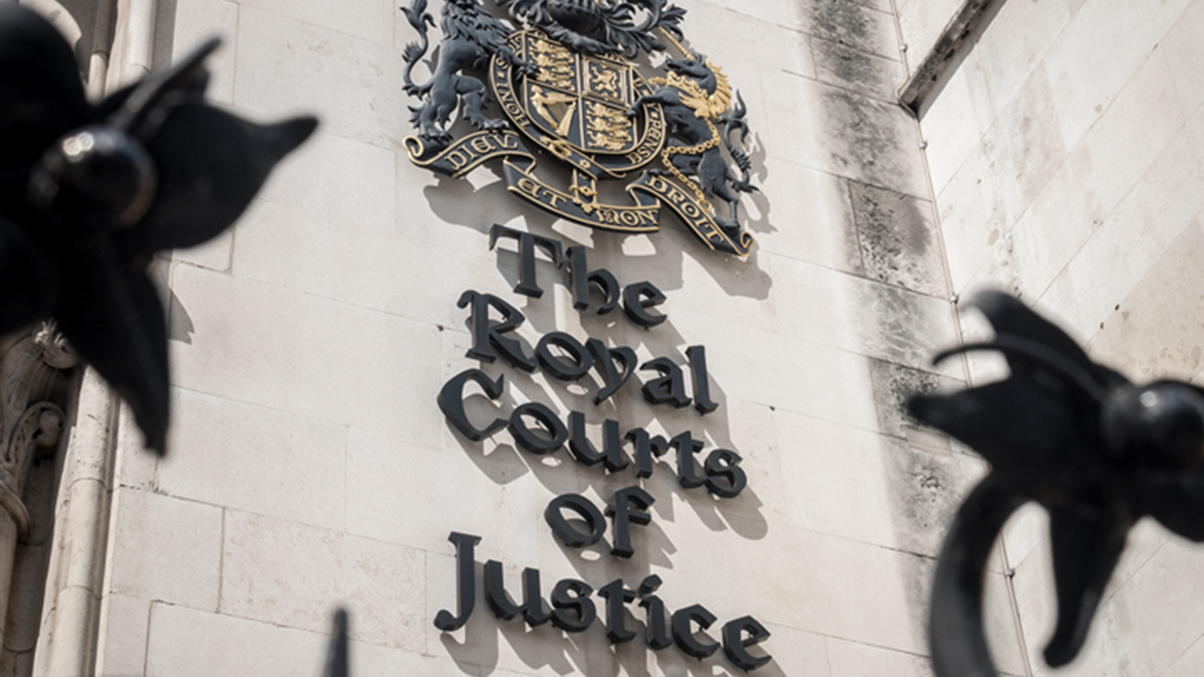The Supreme Court has handed down its judgment in FCA v Arch Insurance (UK) Ltd and others, a series of appeals from the test case brought by the Financial Conduct Authority (FCA) seeking legal clarity on the meaning and effect of certain non-damage business interruption insurance policy wordings. Senior Associates Joseph Rossello and Sophie Lalor-Harbord review the decision.
In September last year, the High Court gave its judgment in the test case bought by the FCA, which you can read about in our article here. Following the judgment, some insurers and the FCA appealed to the Supreme Court in respect of several aspects of the judgment.
Issues decided by the Supreme Court
The Supreme Court was asked to consider clauses that were grouped into the following categories:
- “Disease Clauses”, relating to claims for outbreaks of diseases
- clauses relating to the denial of access to premises by a public authority
- a mixture of the above two clauses (known as “Hybrid Clauses”), and
- “Trends Clauses”, which seek to quantify loss by reference to a business’s past performance.
The Supreme Court also considered issues of causation and, in particular, the decision in Orient-Express Hotels Ltd v Assicurazioni Generali SpA (trading as Generali Global Risk) [2010].
Decision
In a decision that will bring great comfort to the estimated 370,000 policyholders affected, the Supreme Court dismissed the insurers’ appeal and upheld the FCA’s appeal, subject to some qualifications. Lord Hamblen and Lord Leggatt gave the main judgment, with which Lord Reed agreed. Lord Briggs gave a separate concurring judgment, with which Lord Hodge agreed.
Disease Clauses
Disease Clauses provide cover in respect of business interruption as a result of a “Notifiable Disease” (as defined in the policies), at or within a specified radius of the insured premises.
Covid-19 became a Notifiable Disease from 5 March 2020.
In considering these sorts of clauses generally, the High Court determined that if there was at least a single case of the disease within the radius provided for in the policy, then there was cover. The insurers’ position, which was rejected, was that an insured had to demonstrate a loss resulting from the occurrence of the disease within the radius provided for in the clause.
The Supreme Court interpreted these clauses more narrowly than the High Court. It found that a policyholder had cover where the business interruption was caused by any Covid-19 cases that occurred within the specified radius (as defined in the policy) of the insured premises and not only to occurrences of the illness within that radius. Because of its findings on causation, the interpretation of these clauses by the Supreme Court was that there will be cover for the circumstances of Covid-19.
Prevention of access clauses and Hybrid Clauses
Prevention of access clauses and Hybrid Clauses specify a series of requirements which must be met before a policy provides cover. There must be some loss caused by an interference in the use of the premises, usually due to a public authority’s action, as a consequence of some underlying emergency or disease.
For clauses that provide cover for “restrictions imposed” or “restrictions placed” by a public authority on a business’s premises, the High Court held that only those restrictions that had the force of law would operate, such as the regulations made on 21 and 26 March 2020. Guidance, such as that issued by the prime minister on social distancing, was not sufficient. Nor were cases where employees or customers decided not to visit premises, even though they were legally permitted to do so.
The Supreme Court took a broader view. It held that the “restrictions” did not need to have the “force of law”. For example, the measures announced by the prime minister to close certain businesses or schools were a clear and mandatory instruction given by the government that people would understand needed to be complied with.
The High Court had also held that where there is an “inability to use” premises, there is no cover if the insured can use some part of the premises. Equally, there will not be an “inability to use” premises by reason of any and every departure from the normal use of the premises.
However, the Supreme Court went further and determined that if the policyholder is unable to use the premises for a discrete part of its business activities or if it is unable to use a discrete part of its premises for its business activities then the policy responded since in both those situations there is a complete inability of use. It recognised that there would only be cover for that part of the business for which the premises could not be used.
For example, the Supreme Court said that if a restaurant stayed open during lockdown periods for take-away, it could still claim for the loss of that part of the premises usually used for customers dining at the restaurant.
The Supreme Court also rejected arguments advanced by some insurers that “interruption” meant a complete cessation of business as opposed to interference with normal business activities. In its determination, interruption does not require the complete end of business activities for the policy to respond.
Causation
The Supreme Court also considered causation extensively, particularly as it applied to Disease Clauses and Hybrid Clauses.
The insurers took the view that a policyholder would have to demonstrate losses that would not have been sustained but for the occurrence of Covid-19. They argued that because Covid-19 was so widespread, policyholders would have suffered the same or similar losses in any event and, therefore, that the policy did not respond.
The Supreme Court disagreed. It held that the “but for” test is sometimes inadequate and that there can be situations where a series of events cause a result even though none of them was individually either necessary or sufficient to cause the result by itself. So, if an insured event occurs, that along with a combination of many other similar but uninsured events causes a loss with a sufficient degree of inevitability, there will be cover.
In relation to the Disease Clauses and Hybrid Clauses, there will be cover for losses resulting from any local occurrence of Covid-19 together with the government’s response to the wider pandemic. So, there would still be cover, even if the local occurrence of Covid-19 would not have been sufficient on its own to cause any losses.
The Supreme Court took this approach because, in its view, the relevant measures were taken in response to information about all the cases of Covid-19 in the country as a whole. This is because the individual cases of Covid-19 that had occurred up to the date of government measures were equally effective “proximate” causes of the measures undertaken and the public’s response to it. Consequently, all a policyholder has to show was that at the time of any government measure there was at least one case of Covid-19 within the radius provided for in the Disease Clause or Hybrid Clause.
Trends
Trends Clauses provide a mechanism for calculating loss to ensure that the amounts recovered under a policy are not artificially reduced or inflated. Often this is done by adjusting the results of the business from the previous year to take account of trends or other circumstances affecting the business in order to estimate better what the results would have been.
The High Court held that these clauses did not require losses to be adjusted on the basis that if the reason giving rise to the claim had not occurred, the results of the business would still have been affected by other consequences of the Covid-19 pandemic.
The insurers had argued that as a result of how widespread the Covid-19 pandemic is, they would not be liable to indemnify policyholders for losses as they would have suffered these losses in any event. This was based on the decision in Orient-Express Hotels Ltd v Assicurazioni General SpA [2010] EWHC 1186 (Comm). However, the Supreme Court held that this case was wrongly decided and should be overruled.
In agreeing with the High Court, the Supreme Court held that unless the policy wording states otherwise, Trends Clauses should not be construed so as to remove cover on the basis of concurrent causes of losses. In the court’s view, these clauses should be construed so that profits derived from previous trading are adjusted only to reflect circumstances affecting the business unconnected with Covid-19.
Final thoughts
The Supreme Court’s decision will make it more difficult for insurers to deny claims and should help businesses get their claims determined swiftly.
While the court considered some of the key standard wording in policies, individual claims will be decided on both the specific wording in the relevant policy and the circumstances of the insured party. As such, this will certainly not be the final word on business interruption claims.
Covid-19 is impacting individuals and companies around the world in an unprecedented way. We have collected insights here to help you navigate the key legal issues you may be facing at this time.
You can find further information regarding our expertise, experience and team on our Commercial Litigation pages.
If you require assistance from our team, please contact us or alternatively request a call back from one of our lawyers by submitting this form.
Subscribe – In order to receive our news straight to your inbox, subscribe here. Our newsletters are sent no more than once a month.







